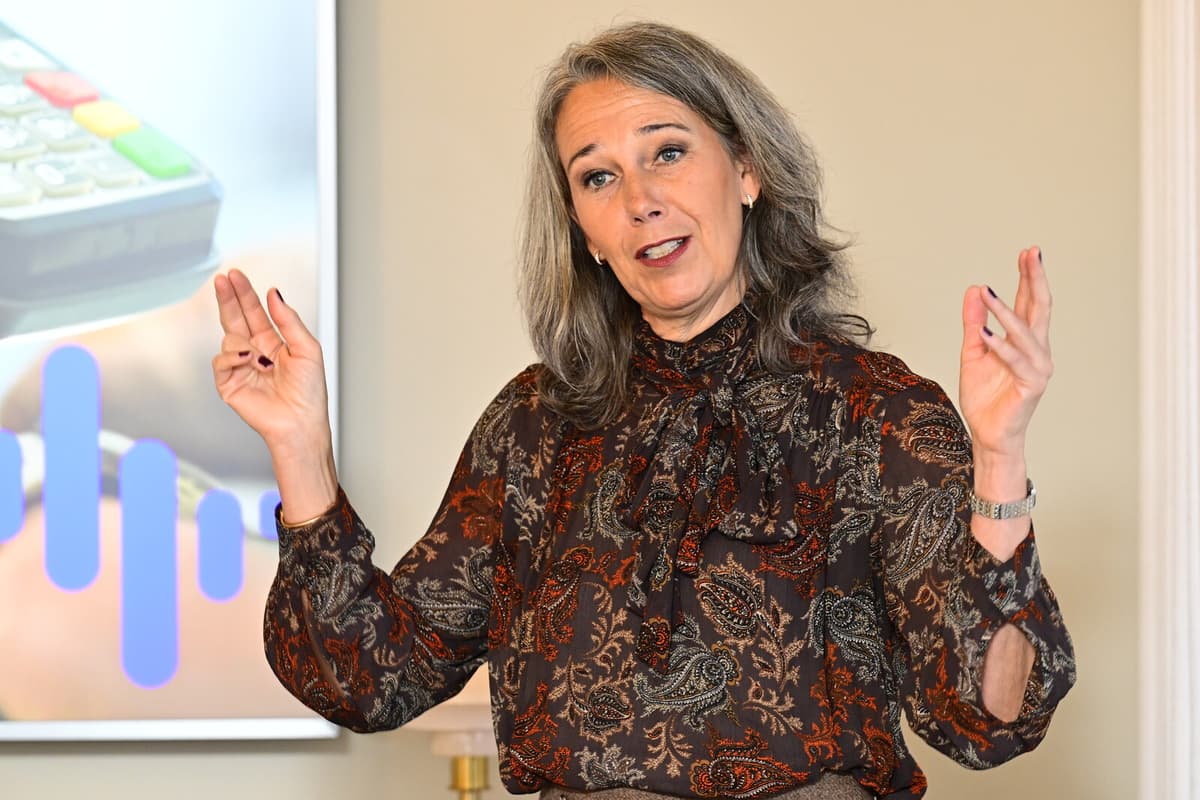Nordea paints a increasingly brighter picture for Swedish households, even though political uncertainty in several countries, including the USA, may have an impact on the Swedish economy as well. The assessment is a soft landing for Swedish households after a tough period.
The bank's assessment is that the Swedish Central Bank will now implement two more interest rate cuts before the summer, which would mean a repo rate of 2.00 percent.
If you look at the domestic economy, it's really weak and has been for a longer period, where households have played a crucial role. That's why we believe you need to get down to 2 percent to get more tangible consumption, says Nordea's chief economist Annika Winsth.
More cautious
Handelsbanken, on the other hand, is more cautious and believes in one more cut this year, then it's a stop. This is happening at the same time as the bank is lowering its forecast for Swedish growth and warning of the risk of a new inflation wave, even though the bank assesses that the Swedish economy is expected to recover this year.
Both banks, however, assess that households' purchasing power will strengthen during the year.
"We expect households to save a little more of their income than before the interest rate hike, but the strong income growth still provides room for a clear consumption increase this year," says Christina Nyman, according to a press release.
"Over the hump"
Nordea, in turn, sees that the Swedish economy has now come "over the hump" and, for example, unemployment will remain at 8.4 percent to decrease in the coming years.
When it comes to the housing market, both banks see clear signs of a recovery. Handelsbanken believes in a 6 percent increase in housing prices compared to last year, to then continue to rise in 2026-27.
Nordea, however, does not believe that prices will return to the same levels as in 2022-23, but will increase by 4.5 percent in 2025 and 3.5 percent in 2026.
Our assessment is that housing prices will rise approximately in line with disposable income. I think that's less than what many believe. Many have probably hoped that when we've had this weak market for a longer period, prices will rise more, says Winsth.






